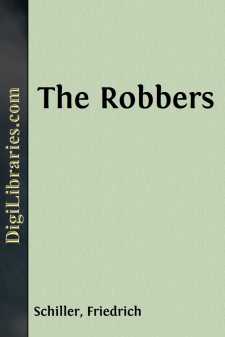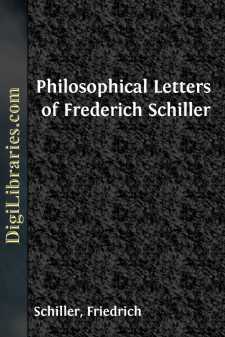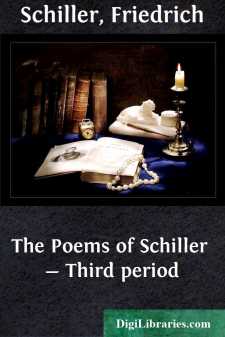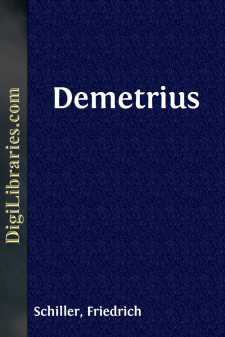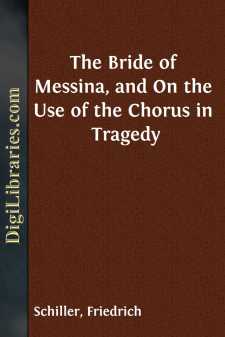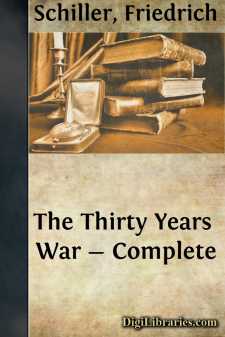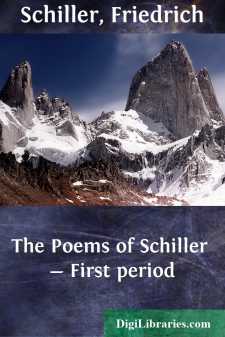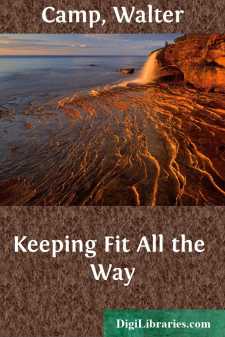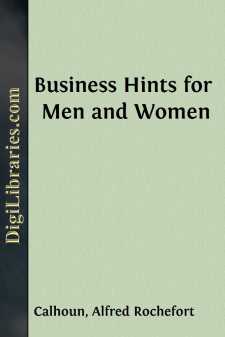Categories
- Antiques & Collectibles 13
- Architecture 36
- Art 48
- Bibles 22
- Biography & Autobiography 813
- Body, Mind & Spirit 142
- Business & Economics 28
- Children's Books 17
- Children's Fiction 14
- Computers 4
- Cooking 94
- Crafts & Hobbies 4
- Drama 346
- Education 46
- Family & Relationships 57
- Fiction 11829
- Games 19
- Gardening 17
- Health & Fitness 34
- History 1377
- House & Home 1
- Humor 147
- Juvenile Fiction 1873
- Juvenile Nonfiction 202
- Language Arts & Disciplines 88
- Law 16
- Literary Collections 686
- Literary Criticism 179
- Mathematics 13
- Medical 41
- Music 40
- Nature 179
- Non-Classifiable 1768
- Performing Arts 7
- Periodicals 1453
- Philosophy 64
- Photography 2
- Poetry 896
- Political Science 203
- Psychology 42
- Reference 154
- Religion 513
- Science 126
- Self-Help 84
- Social Science 81
- Sports & Recreation 34
- Study Aids 3
- Technology & Engineering 59
- Transportation 23
- Travel 463
- True Crime 29
The Robbers
Description:
Excerpt
Now first translated into English.
This play is to be regarded merely as a dramatic narrative in which, for the purpose of tracing out the innermost workings of the soul, advantage has been taken of the dramatic method, without otherwise conforming to the stringent rules of theatrical composition, or seeking the dubious advantage of stage adaptation. It must be admitted as somewhat inconsistent that three very remarkable people, whose acts are dependent on perhaps a thousand contingencies, should be completely developed within three hours, considering that it would scarcely be possible, in the ordinary course of events, that three such remarkable people should, even in twenty-four hours, fully reveal their characters to the most penetrating inquirer. A greater amount of incident is here crowded together than it was possible for me to confine within the narrow limits prescribed by Aristotle and Batteux.
It is, however, not so much the bulk of my play as its contents which banish it from the stage. Its scheme and economy require that several characters should appear who would offend the finer feelings of virtue and shock the delicacy of our manners. Every delineator of human character is placed in the same dilemma if he proposes to give a faithful picture of the world as it really is, and not an ideal phantasy, a mere creation of his own. It is the course of mortal things that the good should be shadowed by the bad, and virtue shine the brightest when contrasted with vice. Whoever proposes to discourage vice and to vindicate religion, morality, and social order against their enemies, must unveil crime in all its deformity, and place it before the eyes of men in its colossal magnitude; he must diligently explore its dark mazes, and make himself familiar with sentiments at the wickedness of which his soul revolts.
Vice is here exposed in its innermost workings. In Francis it resolves all the confused terrors of conscience into wild abstractions, destroys virtuous sentiments by dissecting them, and holds up the earnest voice of religion to mockery and scorn. He who has gone so far (a distinction by no means enviable) as to quicken his understanding at the expense of his soul—to him the holiest things are no longer holy; to him God and man are alike indifferent, and both worlds are as nothing. Of such a monster I have endeavored to sketch a striking and lifelike portrait, to hold up to abhorrence all the machinery of his scheme of vice, and to test its strength by contrasting it with truth. How far my narrative is successful in accomplishing these objects the reader is left to judge. My conviction is that I have painted nature to the life.
Next to this man (Francis) stands another who would perhaps puzzle not a few of my readers. A mind for which the greatest crimes have only charms through the glory which attaches to them, the energy which their perpetration requires, and the dangers which attend them. A remarkable and important personage, abundantly endowed with the power of becoming either a Brutus or a Catiline, according as that power is directed....


